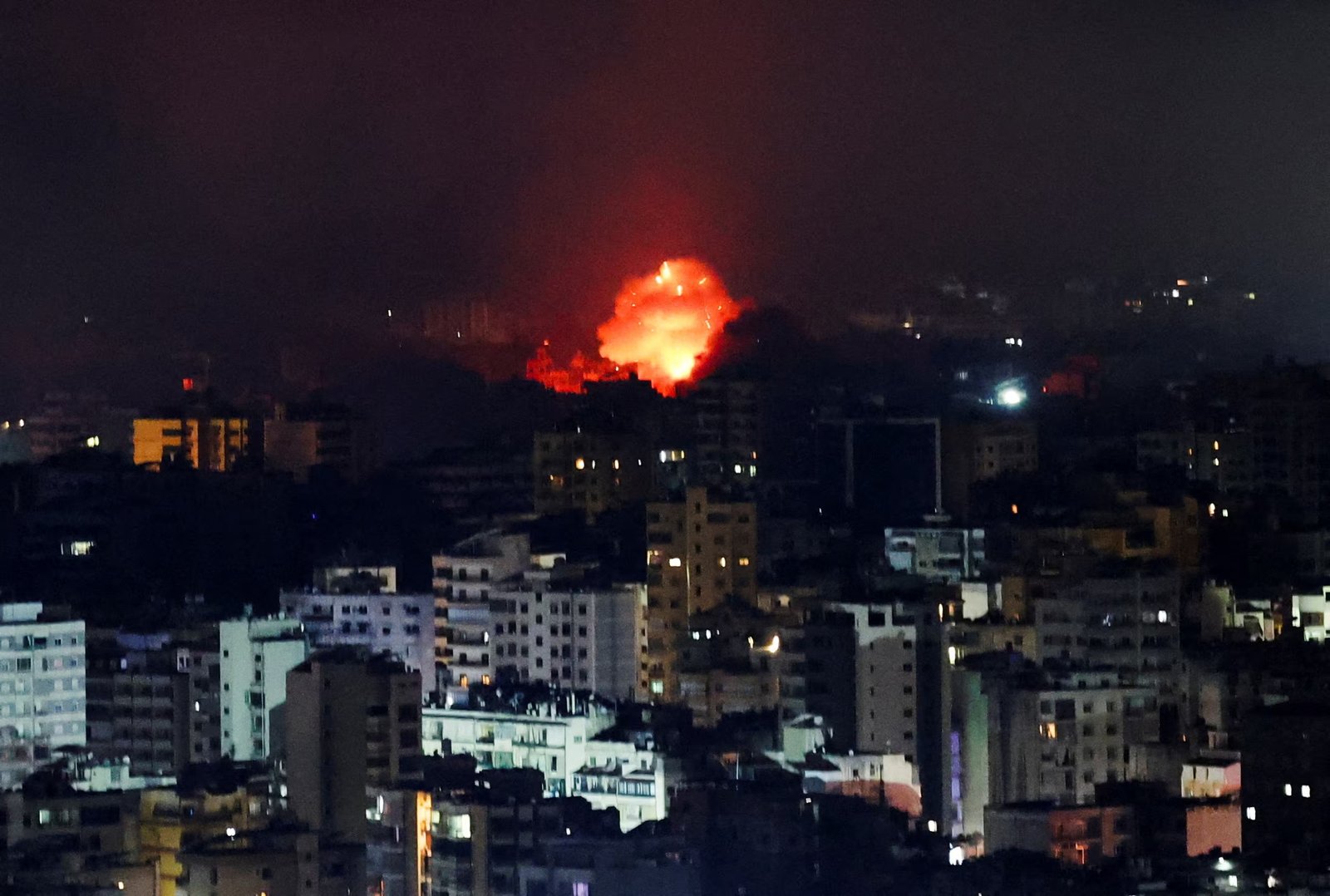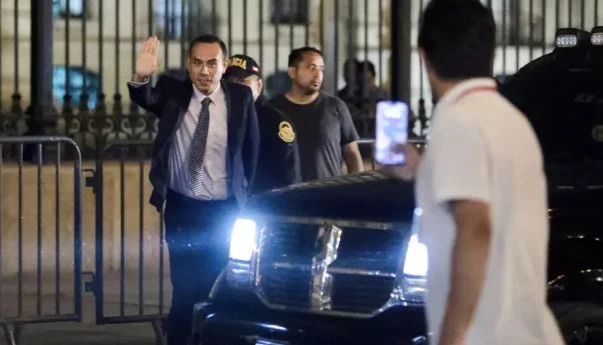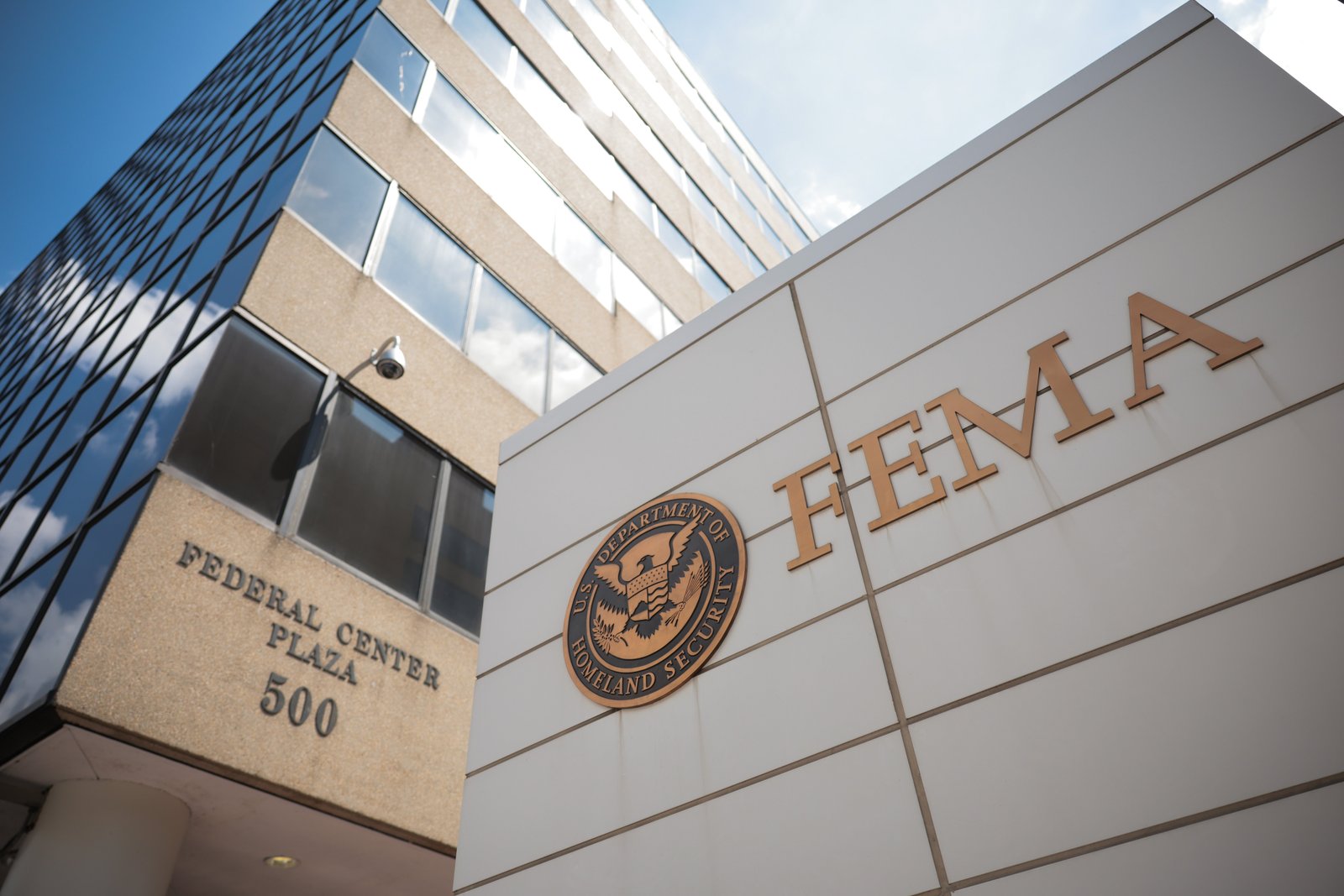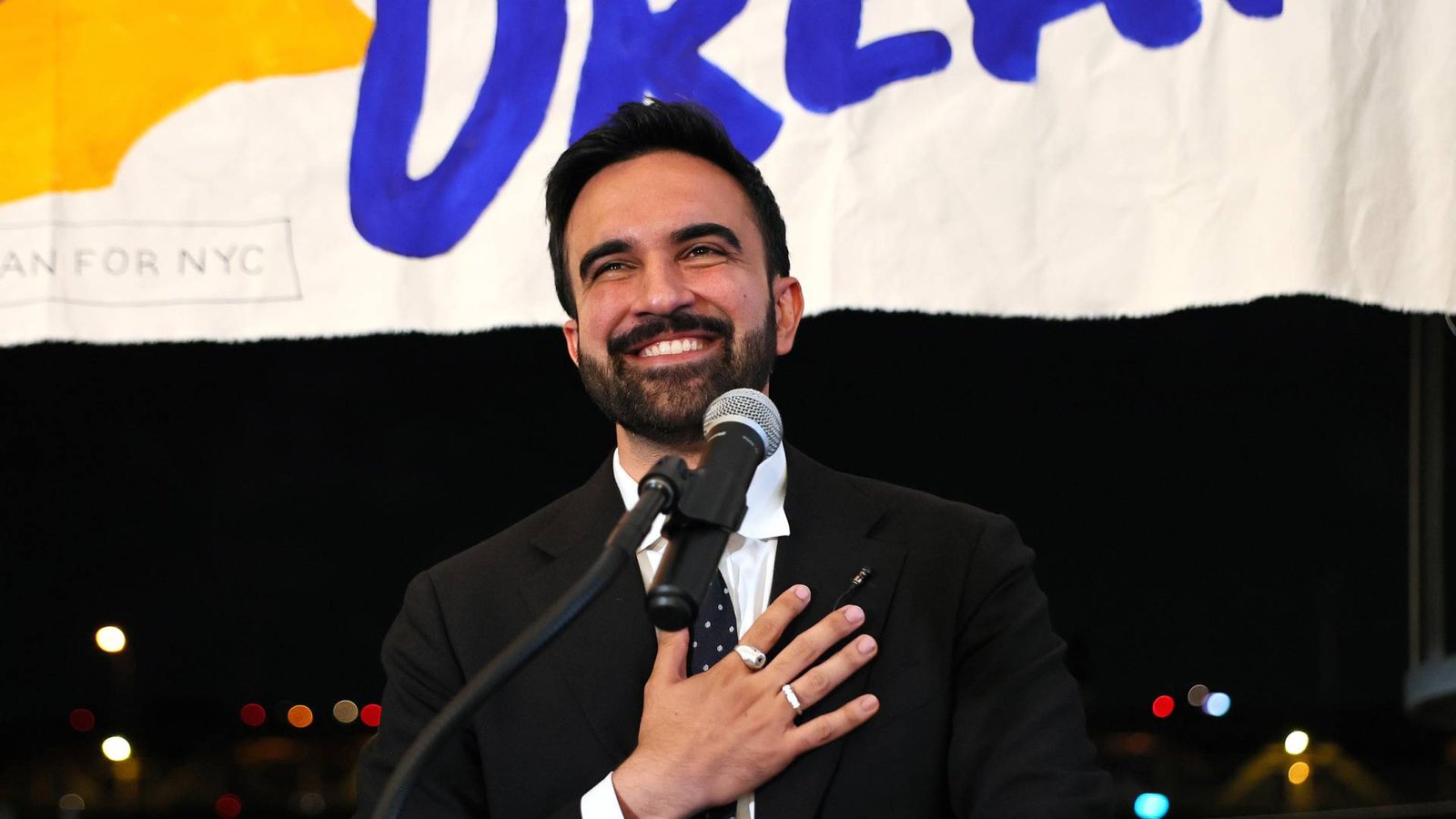Tensions between Iran and Israel remain high, raising concerns about a possible new war. Following a 12‑day conflict in June, both sides are now preparing for further clashes, according to analysts.
Israeli Prime Minister Benjamin Netanyahu has indicated he may strike Iran if provoked, while Iran’s leadership insists it does not want a new war but is fully prepared to defend itself. Nader Entessar, a professor at the University of South Alabama, said Netanyahu appears willing to increase tensions with Tehran, suggesting Israel could act aggressively if it perceives a threat.
Iranian officials, including Foreign Minister Abbas Araghchi, have stressed that while Tehran is ready for any potential conflict, they do not seek war. “If you are prepared for war, no one dares to attack,” Araghchi said, emphasizing readiness as a deterrent rather than an expectation of fighting.
At the same time, Israel has accused Iran of improving its missile capabilities and acting aggressively. Former Israeli intelligence officer Danny Citrinowicz warned that Iran might strike first, using lessons from past clashes to strengthen its defenses. Iran’s military capacity, he noted, is stronger than many expect, making any escalation highly dangerous.
The Iranian Revolutionary Guard has confirmed that its forces are fully prepared to respond to any Israeli aggression. Major General Mohammad Pakpour, a senior IRGC commander, said, “We will create hell for our enemies. Our forces are fully ready.”
Analysts warn that any renewed conflict could quickly escalate, affecting civilians, trade, and regional stability. Both sides are investing in advanced missile and drone systems, increasing the potential scale and speed of any future fighting. Regional allies and proxies could also become involved, widening the conflict beyond Iran and Israel.
International observers are closely monitoring troop movements, missile tests, and public statements from both governments. Any sign of mobilization or attack could trigger rapid retaliation, raising the risk of a large-scale regional war.
The situation remains fragile, with both Tehran and Jerusalem balancing public restraint with quiet military readiness. Experts say this mix of caution and preparation makes the risk of renewed hostilities high in the near term.







